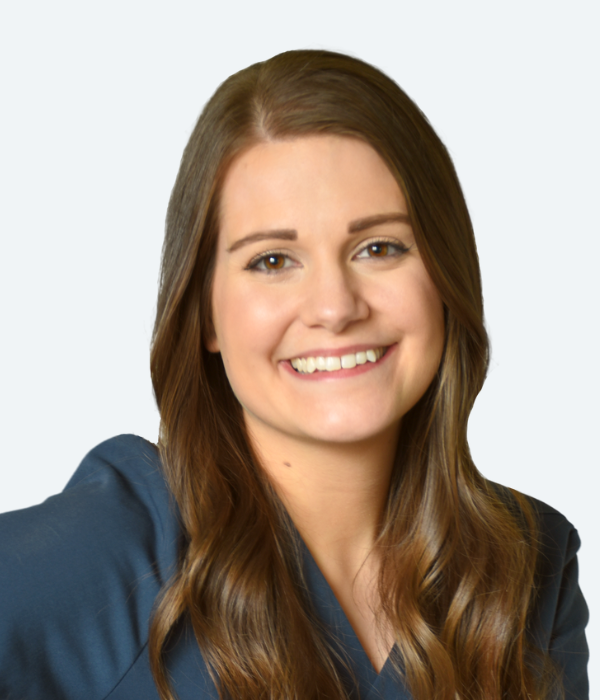Concussion Myths & Management
Concussions are showing up a lot in the news and for good reason! Did you know that concussions are a type of traumatic brain injury? They’re not just a bump. Concussions can have long-lasting and debilitating consequences for people. Here are 5 common misconceptions about concussions and what can be done to help recovery.
MYTH: Concussions are only caused by blows to the head
FACT: Concussions happen due to force, so the head does not need to be directly hit. Think of whiplash in a car crash.
MYTH: Concussions involve a loss of consciousness
FACT: Only 10% of concussions result in a loss of consciousness. Symptoms such as poor balance, nausea, vomiting, and vision problems are more indicative of concussions.
MYTH: You can see or diagnose a concussion on an MRI or a CT scan
FACT: MRIs and CT scans look at the structure of the brain. A concussion is a functional injury, meaning it changes how the brain functions, not necessarily how it looks. MRIs and CTs are used to look for structural issues such as bleeds or fractures. If there is not a bleed or fracture, your concussion will not show up on the scans popularly used in the emergency room.
MYTH: Symptoms of a concussion begin immediately after injury
FACT: Symptoms can start immediately after an injury, but they can also appear the next day or several days later. Often people in sports or vehicle-related concussions may be fine at the scene but will wake up the next day feeling the effects.
MYTH: All you need is rest to recover
FACT: Rest is important in the short term, but complete rest can actually negatively impact outcomes. The best practice is to do symptom-limited activity within the first 24-48 hours while monitoring the severity of symptoms.
When Should I Seek Treatment for a Concussion?
Just as people respond to illness differently, the body will respond to concussions differently. While most people fully recover from a concussion within 7 to 10 days, statistics show that 20% of individuals (actually thought to be much higher) do not fully recover in that time frame.
If symptoms persist past four weeks, you may have post-concussive syndrome (PCS). At this time, it is vital to see trained medical professionals that specialize in concussions and know the current research for treatment.
How Can an SLP Help Recover from a Concussion?
SLPs are medical professionals with extensive knowledge of the brain, rehabilitation of communication and cognitive disorders, and neuroplasticity (the brain’s ability to heal itself).
Seek treatment from an SLP if you are experiencing symptoms such as...
Trouble with attention and concentration
Changes to memory
Complaints of "brain fog"
Difficulty making decisions
Trouble planning, prioritizing, and organizing
Being inefficient or ineffective when completing everyday activities
Decline in job or school performance
SLPs can help you treat and manage these symptoms in cognitive therapy! Cognitive therapy focuses on restoring and compensating for any current deficits, helping you return to your prior level of functioning, improving the efficiency and effectiveness of cognitive functioning, and understanding concussions through supportive care and counseling
People or physicians may have recommended you practice cognitive games after a concussion, but crossword puzzles and sudoku are not enough to heal the brain. Repetition, relevance, and salience are vital to promoting neuroplasticity in the brain, which cannot be achieved through logic and brain training games at home. SLPs tailor cognitive treatment to meet your daily functional needs so you can return to school, work, social activities, or anything else that's important to you!
If you or your loved one have experienced a concussion and notice any of the symptoms mentioned above, Neuro Speech Solutions can help you get back to living your life fully! Contact us, and our SLPs can walk you through the treatment process, answer your questions, and get you scheduled for a comprehensive cognitive evaluation.
ABOUT THE AUTHOR
Katie Brown, MA, CCC-SLP, CBIS
Katie is the owner and founder of Neuro Speech Solutions. She is passionate about providing person-centered treatment to her clients in order to meet their life participation goals. Katie is dedicated to helping other SLPs provide functional therapy through affordable materials and education courses.




Learn how cognitive therapy can help you overcome long COVID brain fog so you can focus better, return to work, and get back to doing the things you love! 4 Min Read